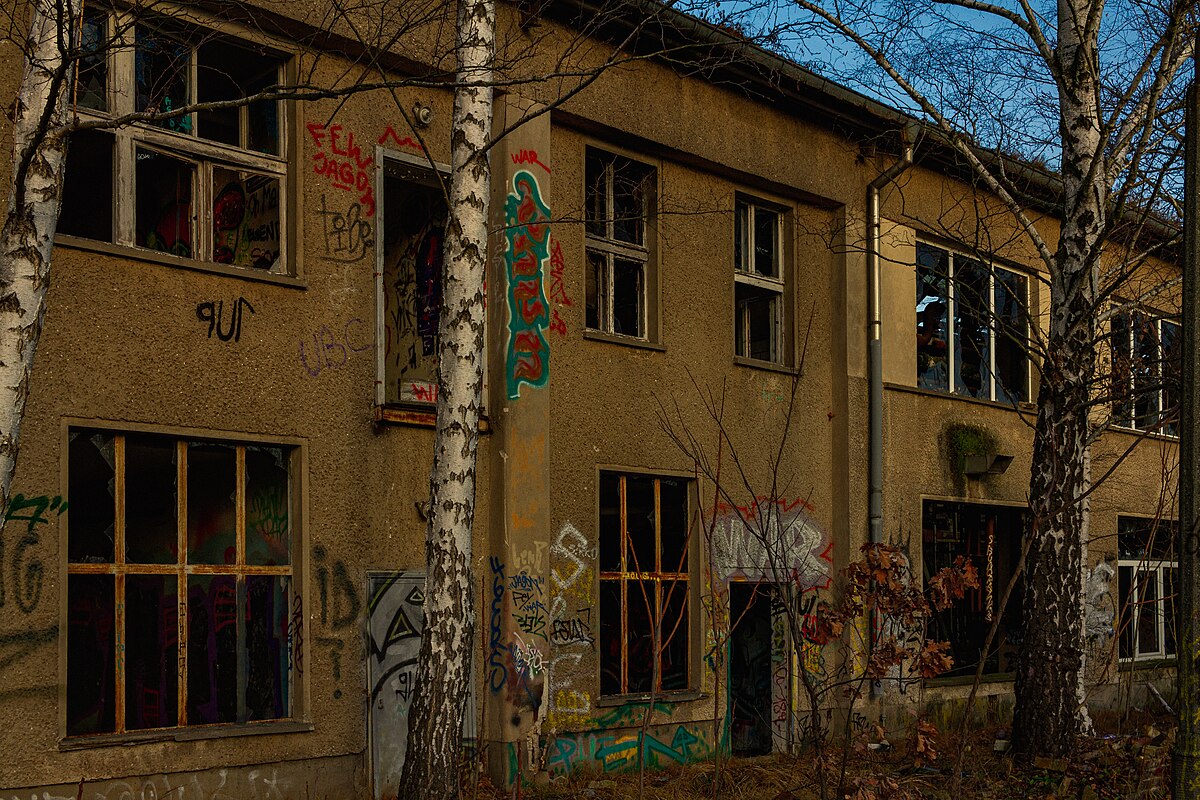
Short Café Americano. Venti Decaf Pink Palace Roast. Grande Peppermint Mocha Frappuccino. These words are what customers generally think of when referencing Starbucks. The coffee giant is known worldwide for its creative beverages, varied food menu, and, for the most part, relaxing atmosphere. In 2021, though, the word at the forefront of Starbucks baristas’ minds was “union.” On December 9, the employees at the company-owned store in Buffalo, NY, voted to unionize. In other words, baristas decided to establish an entity designed to collectively represent employees in negotiations with employers. The decision in Buffalo has set off a chain reaction across the country, with Starbucks employees in Arizona, Illinois, Ohio, and Washington state all expressing their desire to unionize. Let’s consider these events from a sociological perspective, which will give us a better understanding and explanation of how individuals and groups interact within society.

The first sociological concept that typically comes to mind when “union” is bandied about is conflict theory, a macro theory based on class struggles and exploitation. The struggle between the rich and the poor — or, in this case, the employer and employees — is a story as old as time. The work of Karl Marx is insightful in understanding the struggle between these two groups. According to Marx, the rich are the bourgeois, the small minority who are the wealthy class. This would include the Starbucks owners and investors. In juxtaposition, the proletariat, the majority, who are the poor, property-less industrial working class. Not surprisingly, Starbucks’s employees fall into this category. The tension between these two groups is most evident in areas such as pay, family/vacation time, healthcare, sick leave, educational support, and, with the rise of in-app orders making their job significantly more difficult, work pace.

To better understand the tension between the baristas and their employer, let’s consider the work of C. Wright Mills, who introduced the concept of the sociological imagination. The sociological imagination refers to the ability to see the details of our own lives in the context of larger social structures as opposed to merely personal choices or personal troubles. Often, we look at issues like family time and sick leave as personal troubles, matters experienced at the individual level. Not everyone’s family or healthcare issues are the same, so some would argue that these issues have little to do with the employer. Closer inspection reveals that people across a society, or in this instance, a company, experience some type of family issue or healthcare issue. When the totality of issues in these categories are considered, one quickly finds that they are not just personal troubles but, in fact, public issues, matters that impact society (or company) as a whole. Unionizing gives employees (i.e., the proletariat) more negotiating power than they would have trying to address these issues individually.

The tension between management and the now-unionized baristas will probably last well into 2022. If we were to continue to study the conflict between these two groups, we could gain more insights and offer solutions by using applied sociology, the use of sociological theory, research, and methodologies to find solutions to problems in society. Whether at the coffee house, in our homes, or in the broader world, sociology is an effective tool to help understand social relationships, social intuitions, and societies.
Thompson is a co-owner of UITAC Publishing. UITAC’s mission is to provide high-quality, affordable, and socially responsible online course materials.
Images used in this blog:
- Photo by Caleb George is licensed on Unsplash. This image has not been altered.
- Photo by Armin Forster is licensed on Pixabay. This image has not been altered.
- “Happy diverse colleagues joining hands at work in afternoon” by Andrea Piacquadio is licensed on Pexels. This image has not been altered.
- “Man and Woman Sitting on Brown Wooden Bench” by Monica Silvestre is licensed on Pexels. This image has not been altered.




